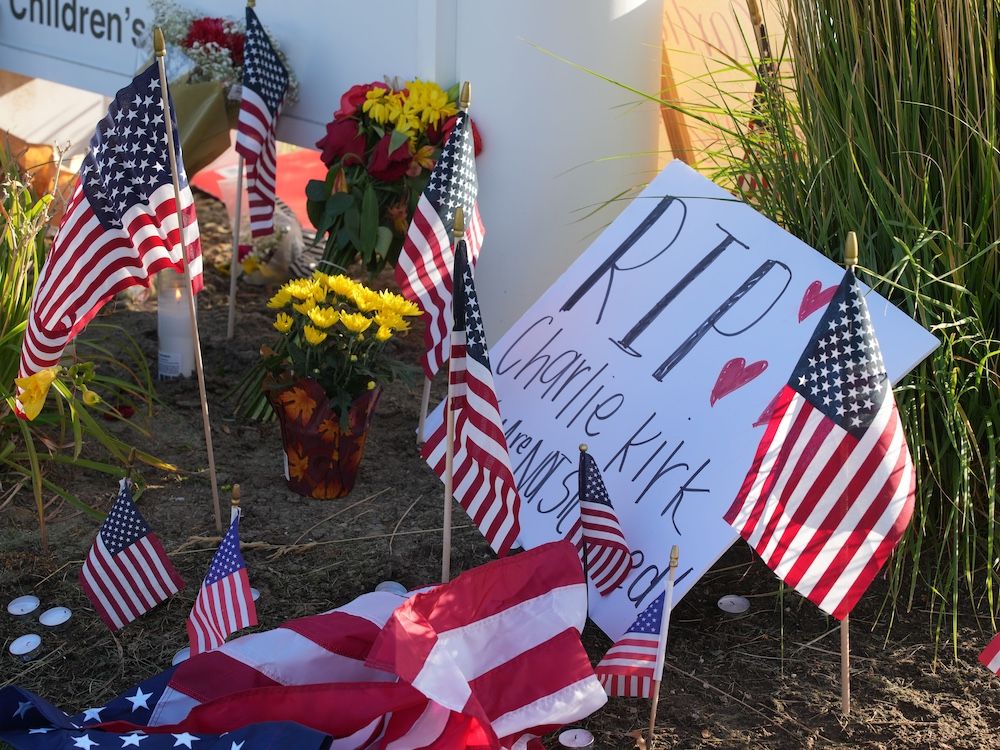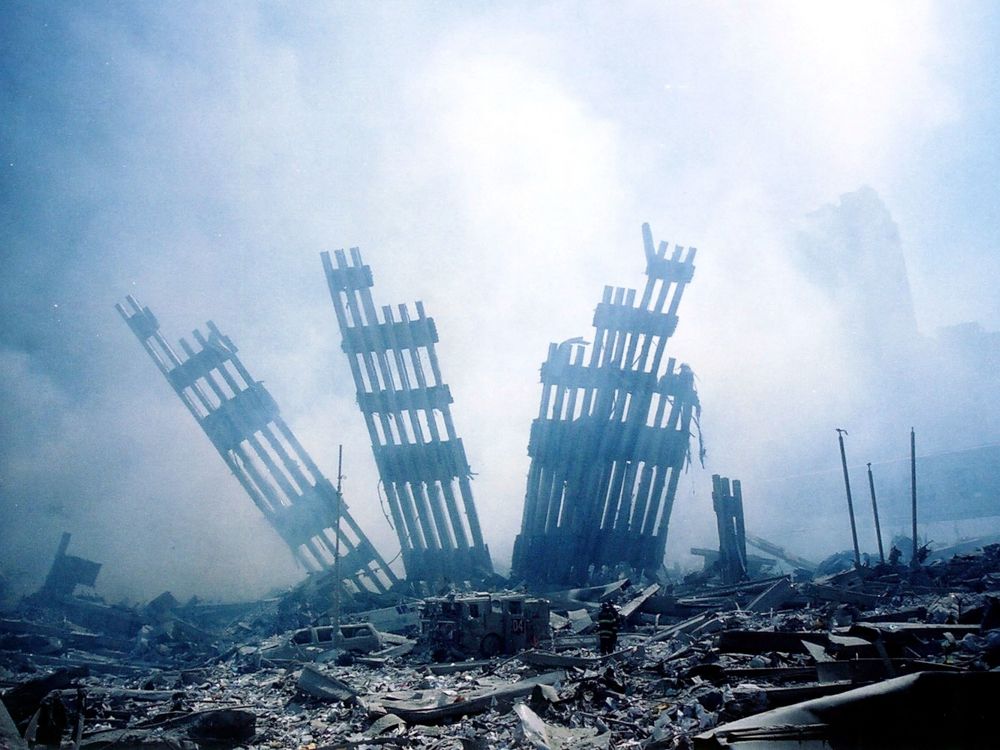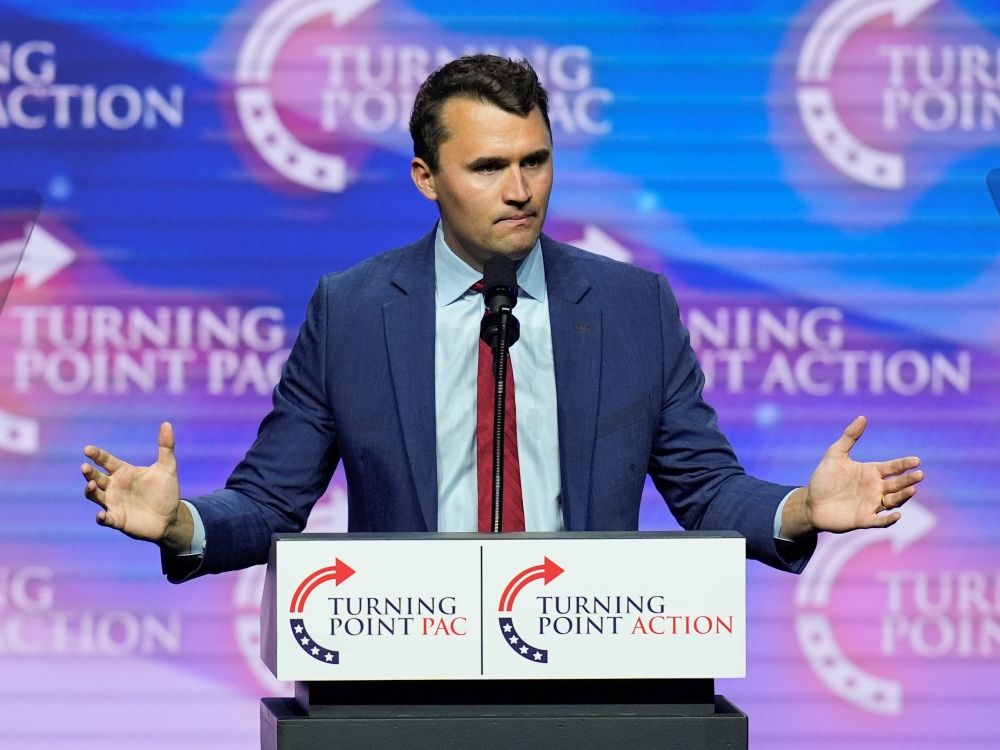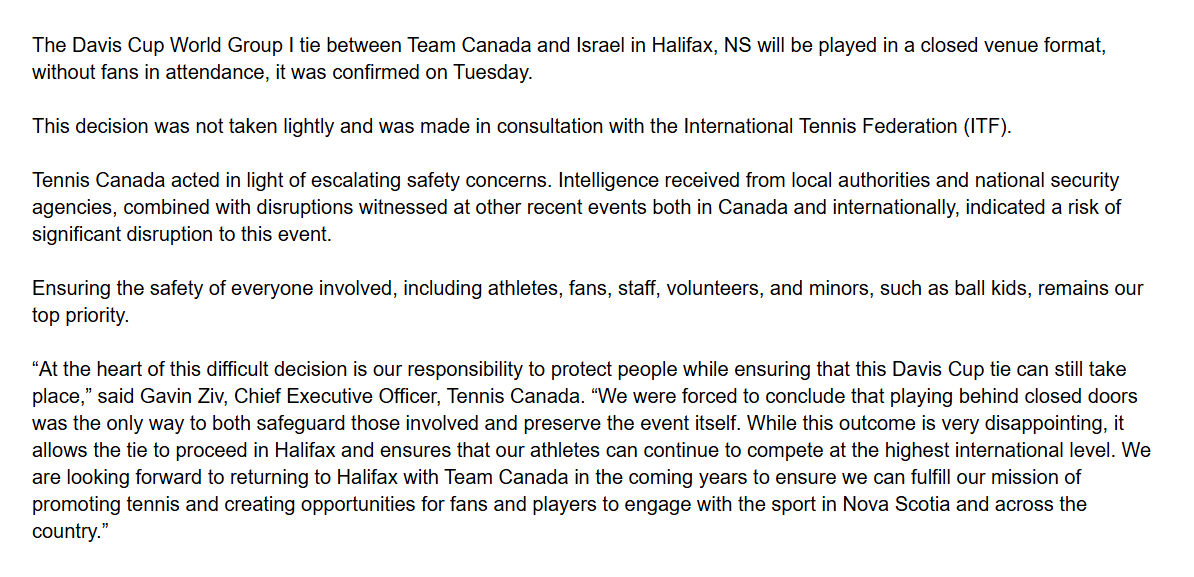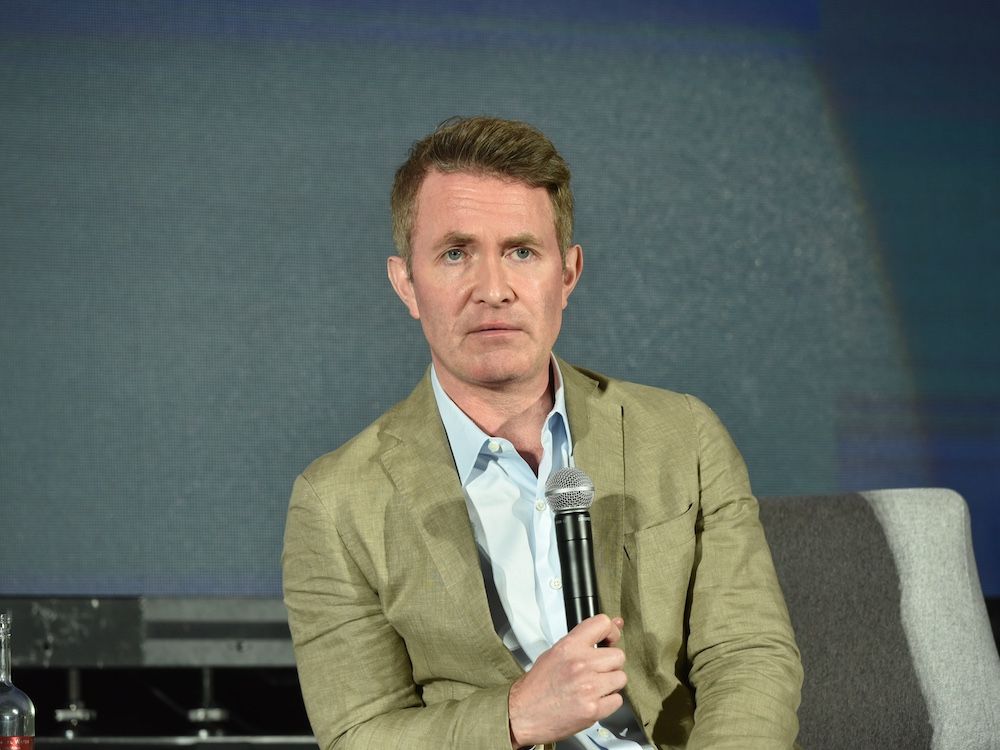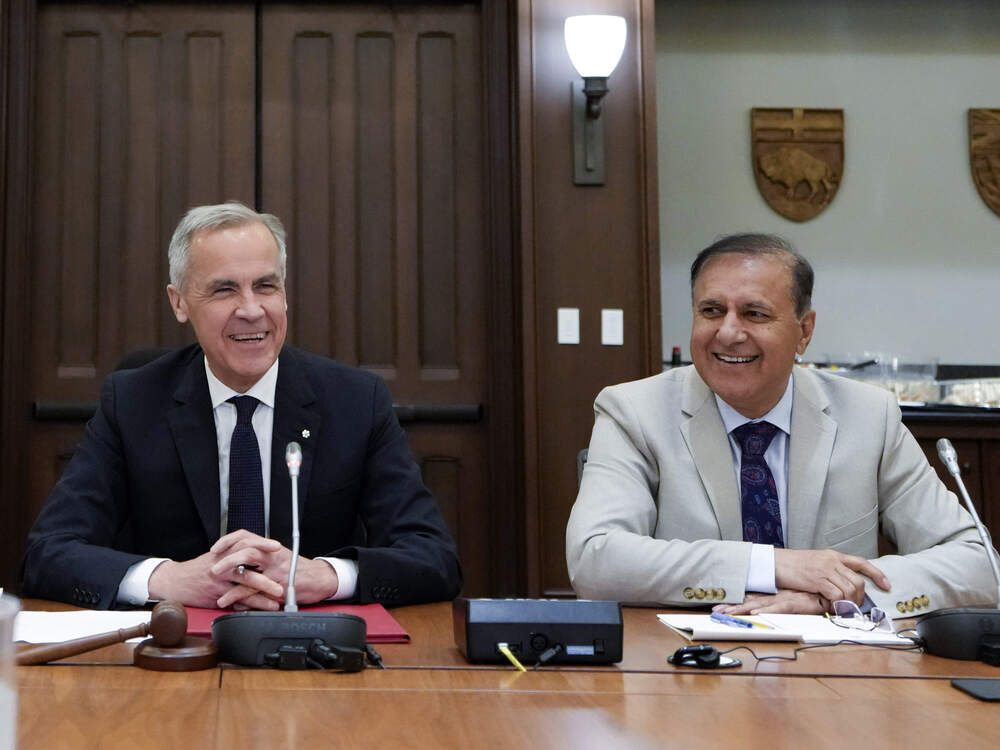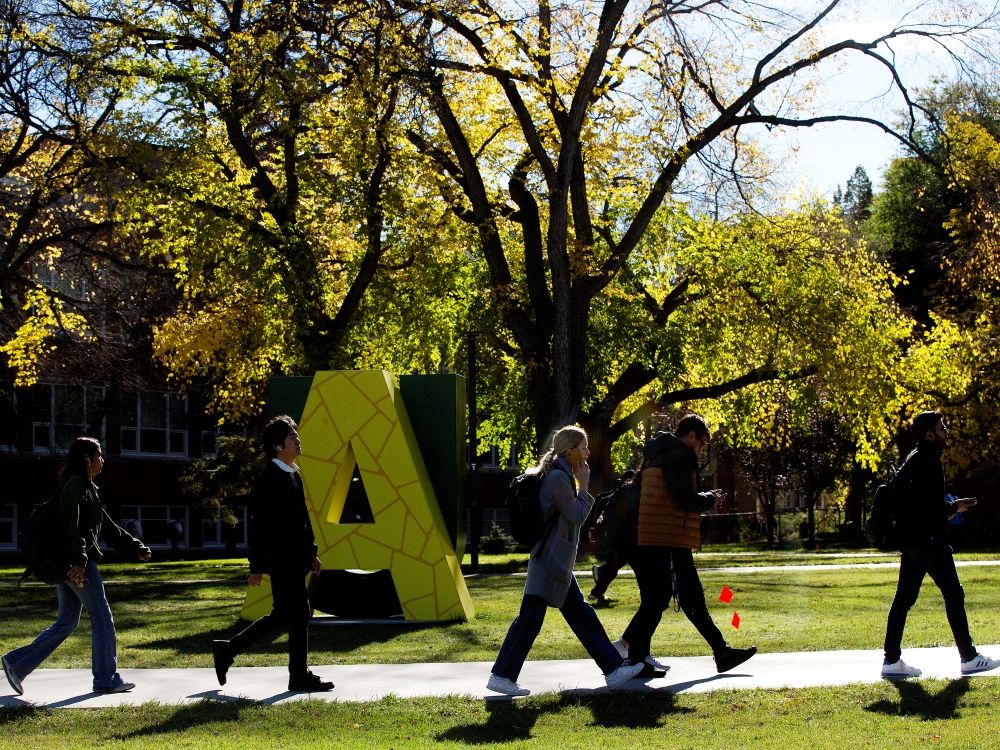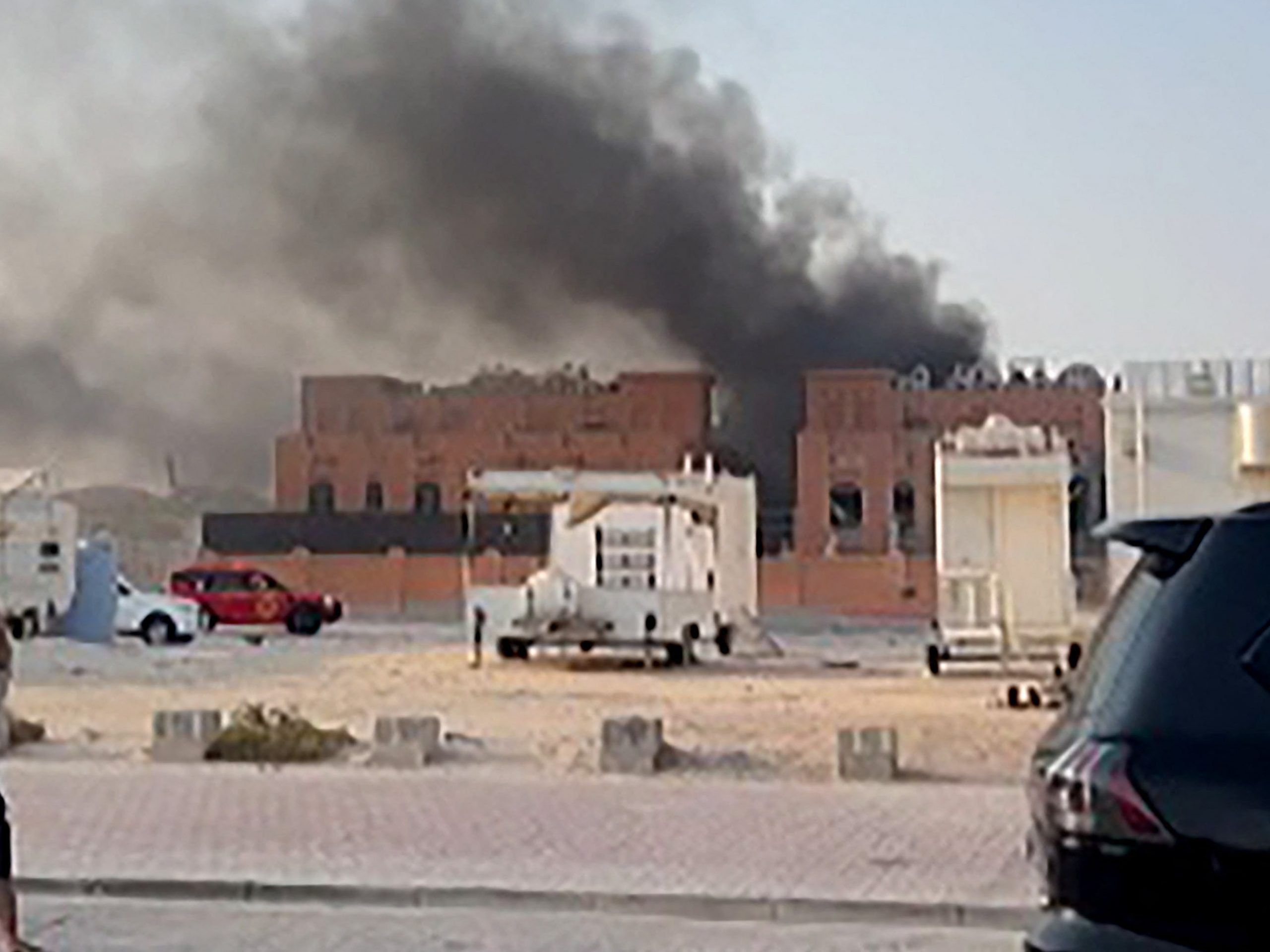
On Tuesday afternoon in Doha, Qatar, the Israeli air force executed a lightning strike on a residential building.
The world was stunned. Facts were scarce.
We now know that the four top Hamas officials targeted by Israel are alive. A number of lower level aides were killed.
The Hamas officials were meeting in Doha to discuss their response to the most recent American and Israeli proposal for ceasefire terms and the return of all hostages. It seemed counter-intuitive to many that Israel would risk scuttling the negotiations at such a delicate stage.
Qatari Emir Tamim bin Hamad Al Thani Al-Thani was enraged and said that Qatar would no longer act as a mediator in the negotiations between Israel and Hamas. For two years Qatar has positioned itself as a trusted intermediary; a close ally of the United States that also has a special relationship with Hamas.
Why the West stroked Qatar so solicitously for so long is a mystery. Qatar is a major financial and diplomatic sponsor of the most violent Islamist movements globally, among them Hamas, Hezbollah, and the Houthis. Hamas leadership has been hosted in Doha for many years, living in extreme luxury. Numerous Hamas leaders are billionaires. The source of their wealth is unclear. Meanwhile, the people they purport to represent live thousands of miles away, under the tyranny of Hamas rule.
For two years, Qatar has had significant leverage over Hamas and has been in a position to pressure them to release the hostages and lay down arms. And yet, the stalemate continues.
Al Thani is reported to have told American officials that he regards the attack as being a betrayal by Israel and the U.S.
The repercussions of this action threaten to undermine Israel’s relations with the United States as well as many other western countries, including Canada.
After already sharp comments directed at Israel by Prime Minister Carney in recent months, Foreign Affairs Minister Anita Anand said on Wednesday that Canada is “evaluating (its) relationship with Israel.”
The
is ominous and deeply concerning.
Meanwhile, Al-Thani is
to have told White House envoy Steve Witkoff that Qatar will undertake a “deep evaluation” of its security partnership with the U.S. “and maybe find some other partners” who can support its security if needed.
The largest American military base in the Middle East is located in Qatar. In exchange, Qatar receives security guarantees from the U.S. In the Middle East, Qatar is an outlier, and its relations with neighbouring states have been profoundly strained for many years, due to the country’s support of extreme Islamists.
Qatar’s reliance on the U.S. for security is total.
We also know that Israel notified the White House of the attack mere minutes before it occurred, leaving its key ally internationally in an impossible spot.
Early reports in the Israeli media on Wednesday exposed aspects of what transpired and how.
Israel’s channel 12 reported that Hamas leadership were targeted by the location of their cell phone signals. But the Hamas men were not in the same room as their phones. They had retreated to a nearby room for prayer.
A day earlier, these same Hamas men had been feeling triumphant.
On Monday, two terrorists boarded a packed civilian bus near Jerusalem and shortly after began shooting passengers. Six were declared dead at the scene. Six are critically injured. Dozens more are wounded. Hamas immediately took responsibility.
Israeli media reports that this provocation likely triggered Netanyahu’s decision to order the strike on Hamas leadership in Doha. In intelligence circles, such a moment is seen as an “opportunity.” An operation that may have been planned for years becomes possible due to circumstances.
Netanyahu and Strategic Affairs Minister Ron Dermer believe that Israel must restore its deterrent capability, which was shattered when 1200 people were slaughtered on October 7. If such an attack was to occur in Canada, it would result in 5,500 civilians being slaughtered in 24 hours. In the U.S. that number would be closer to 60,000. But two years on, the majority of Israelis strongly support ending the war, immediately. Returning the remaining hostages is a clear priority for the people.
Among the most outspoken nations denouncing Israel has been Canada.
Prime Minister Carney very quickly issued a statement on X that mirrored posts made by U.K. Prime Minister Starmer and French President Emmanuel Macron.
“Canada condemns Israel’s strikes in Qatar — an intolerable expansion of violence and an affront to Qatar’s sovereignty. Regardless of their objectives, such attacks pose a grave risk of escalating conflict throughout the region, and directly imperil efforts to advance peace & security, secure the release of all hostages, and achieve a lasting ceasefire — efforts in which Sheikh Tamim bin Hamad Al Thani plays a highly constructive role.”
Canada condemns Israel’s strikes in Qatar — an intolerable expansion of violence and an affront to Qatar’s sovereignty.
Regardless of their objectives, such attacks pose a grave risk of escalating conflict throughout the region, and directly imperil efforts to advance peace &…— Mark Carney (@MarkJCarney) September 9, 2025
Starmer, Macron and Carney have become a tight troika in recent months and were already gearing up for their collective push to rush to recognize the State of Palestine at the UN general assembly next week. This initiative has been opposed by the U.S. on the basis that it rewards terror.
Hamas is an offshoot of the Muslim Brotherhood movement, which is committed to spreading radical Islam globally. They are committed to the annihilation of Israel, the murder of Jews and the domination of all infidels, including Christians.
Following a one-hour phone call in July with Palestinian Authority President Mahmoud Abbas, Carney declared that we would have peace in our time, with Abbas at the helm of a Palestinian state. What Carney seems to disregard is that Abbas, currently in his 20th year of a four-year election mandate, has virtually no legitimacy in the eyes of Palestinians, and is regarded as a corrupt, old demagogue.
Canada’s prime minister does not seem to grasp the complexity of this historical moment, being led by his hubris to impose an absurd outcome on an environment and people that have demonstrated no affinity for liberal democracy.
His fantasy of reordering the Middle East based on a one-hour conversation with a despot is uninformed, reckless and directly rewards terror.
Feeling buoyed by this rush of western enthusiasm for Palestinian statehood, senior Hamas official Ghazi Hamad boasted recently that the October 7 massacre is the reason for this renewed international attention. Hamas has been legitimized as a rational actor. The inversion of moral principle is terrifying.
Since October 7, Hamad has stated repeatedly that Hamas would continue to execute such attacks until Israel is annihilated. Hamas will never accept peace or any recognition of Israel. This existential threat is real and overlooked by Carney.
There is much to criticize about Israel’s conduct in this war — and the country’s people oppose so much of what has transpired in their name since October 7. The domestic unrest in Israel is alarming, because the population disagrees profoundly with the manner in which the coalition government has managed the war with Hamas as well as so many other issues. But it is critical to remember that Hamas and its state sponsor — Qatar — are committed to an agenda of Islamist terror and domination.
For two years they managed to seduce many western leaders into believing that they were honest brokers. We must remind ourselves of who they are and what they support.
On October 7, spontaneous street celebrations filled the streets of Toronto, Montreal and elsewhere across Canada. Huge crowds gathered to celebrate the massacre, as it was ongoing.
By supporting Qatar and Hamas, Canada is rewarding and aligning with extreme Islamist terror.
Vivian Bercovici is a former Canadian ambassador to Israel and the founder of www.stateoftelaviv.com, an independent media enterprise.




